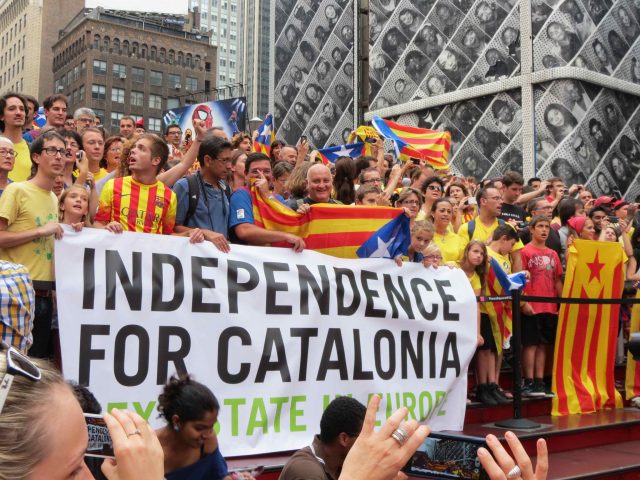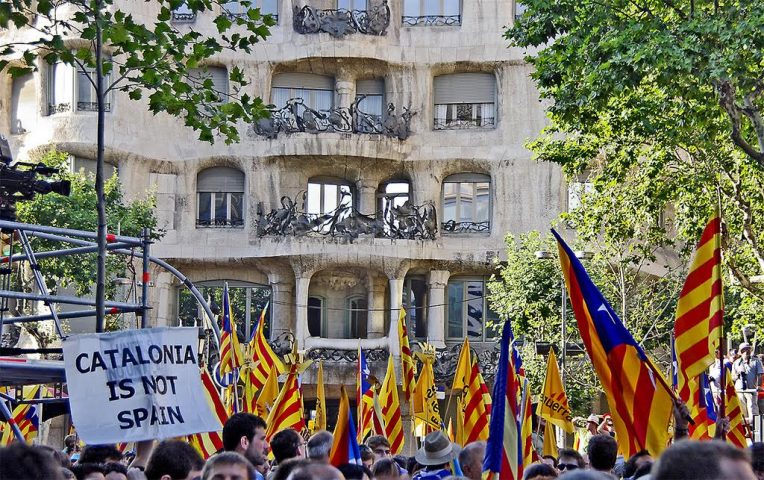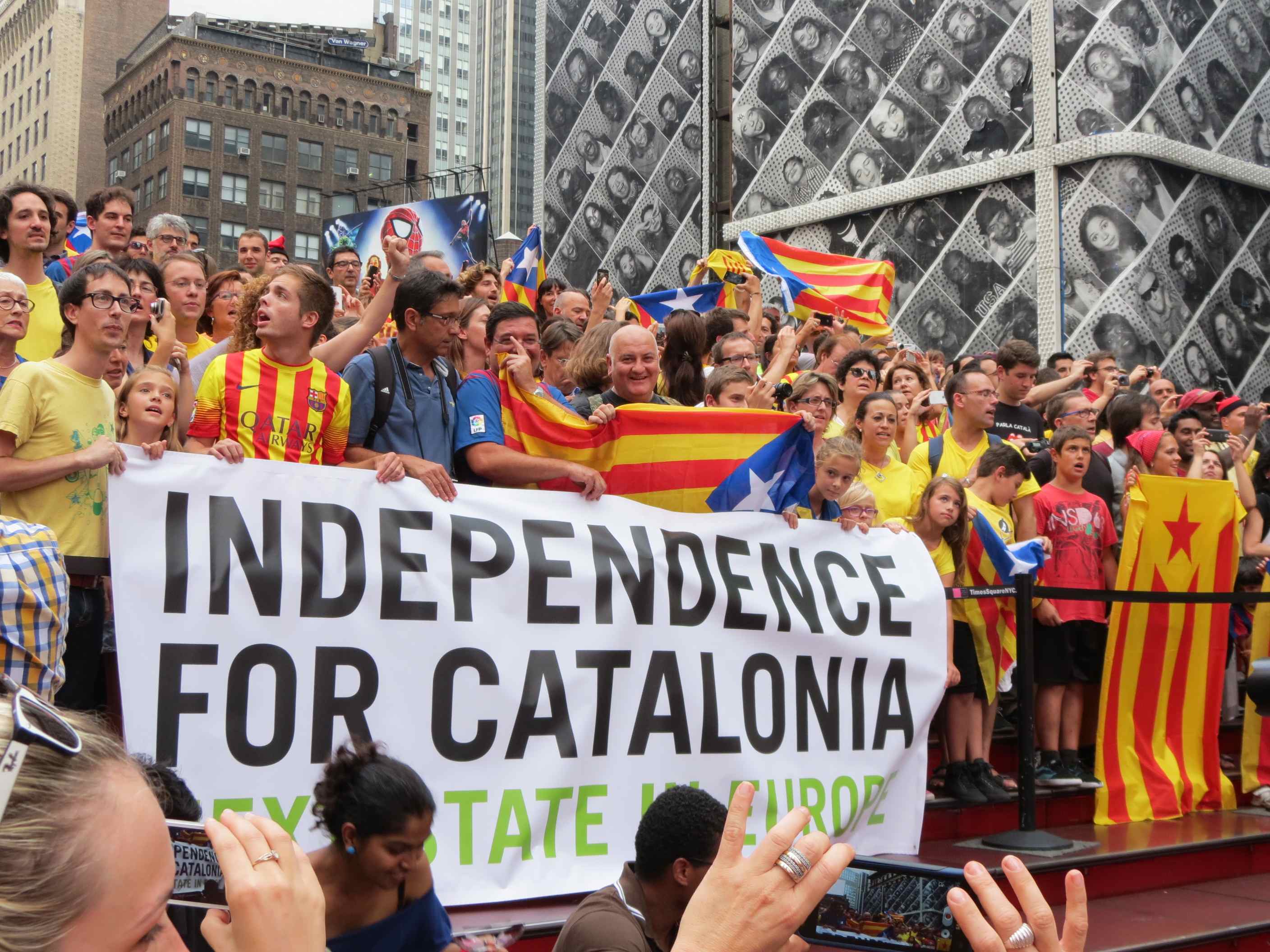
On Sunday Oct. 29, around 300,000 anti-independence protesters rallied in the
capital of Catalonia, Barcelona, according to Barcelona Police.
The declaration of independence by the Catalan Republic recently was witnessed by the world. It demonstrated that the Catalan government, with the support of its people, could gather and call for their secession. The Spanish government however, had a different opinion over the validity of Catalonia’s autonomy and their idea to establish their independence and secede from Spain.
In response to the efforts of Catalonia and its ‘illegal’ call for independence, Spanish Prime Minister Mariano Rajoy imposed direct rule on Catalonia, under Article 155 of the Spanish constitution. Rajoy sacked Catalan President Carles Puigdemont, fired the government of the rebellious Catalonia region, dissolved the regional parliament and ordered new elections. Catalonia’s strong local police force, the Mossos d’Esquadra, was also taken over by the Spanish Ministry of Interior. The force’s popular and respected chief, Josep Lluís Trapero, was also replaced by a low profile deputy, Ferran López. The tension between the two escalated into the biggest political crisis in decades to hit Spain, which had just emerged from an economic breakdown. Catalonia is a critical part of the economy in Spain, with its economy generating more than one-fifth of Spain’s GDP and foreign investment in Catalonia accounting for more than one-quarter of inward investments to Spain, so this declaration of independence is causing major friction with Spain in its attempt to control Catalonia and any future resistance.
High tensions and sentiments however, were felt on both sides. On Sunday, Oct. 29, around 300,000 anti-independence protesters rallied in the capital of Catalonia, Barcelona, according to Barcelona Police. Catalonia pro-independence activists have been calling for mass demonstrations to “defend the republic.” Many anticipate the separatists to organise strikes, boycotts and more mass rallies in response to Madrid’s actions.The Catalan government said that of the 43 percent of potential voters who took part in the referendum, 90 percent were in favour of independence.

Catalonia was once an independent region of the Iberian Peninsula–modern day Spain and Portugal–with its own language, laws and customs. General Francisco Franco, however, destroyed Catalan separatism with his victory at the Battle of Ebro in 1938 and took control of the region, killing 3,500 people and forcing many more into exile. Catalonia has since struggled to gain independence, with its attempts growing steadily in the 2000s, until the Constitutional Court in Madrid overruled part of the 2006 autonomy statute, stating that there is no legal basis for recognising Catalonia as a nation within Spain.
The Spanish court has ordered for the detention and imprisonment of eight regional ministers from Catalonia’s dissolved government to be detained without bail, as well as the state prosecutor’s Europe-wide arrest warrant for ousted leader Carles Puigdemont. Catalonia’s push for independence from Spain has also caused major backlash and protests from the pro-independence public. Spain’s state prosecutor announced he was seeking arrests under charges of rebellion, sedition and the misuse of public funds on Puigdemont and 13 other ex ministers.
Information gathered from cnn.com

